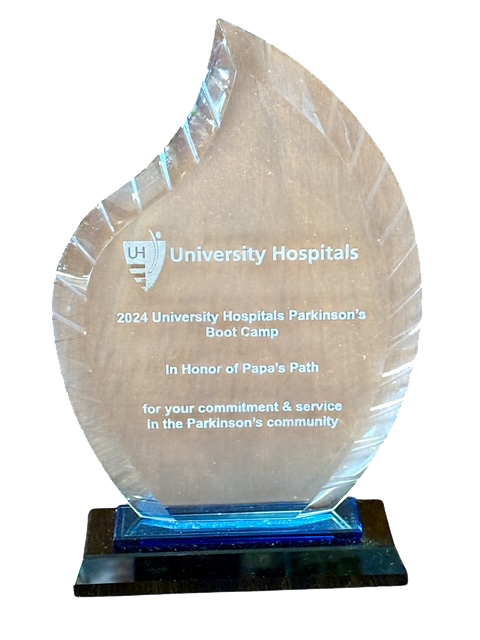3 Surprising Things to Know About Living with Parkinson’s Disease
When someone is diagnosed with Parkinson’s disease, it can feel like the world tilts on its axis. There’s the immediate swirl of questions, the looming uncertainty, and a sense that life is about to look very different.
Below, we share three things that surprise many people about life with Parkinson’s. Whether you’re newly diagnosed, a caregiver or know someone living with the disease, these insights will help you feel more informed and connected to your new community.
1. No Two People Experience Parkinson’s the Same Way
Parkinson’s is often referred to as a “designer disease” because it shows up differently in everyone. For some, the changes are slow and steady. For others, symptoms seem to accelerate. Some people live independently for years, while others find themselves needing support much sooner.
Parkinson’s is a neurodegenerative disorder, which means it involves the gradual loss of neurons in the brain, particularly those that produce dopamine, a chemical critical to controlling movement. But the way this loss of dopamine shows up varies significantly from person to person. Some individuals may experience pronounced motor symptoms like tremors or rigidity early on, while others may first struggle with fatigue, depression, or sleep disturbances.
We encourage families to focus on what their journey looks like, rather than comparing it to others. Parkinson’s isn’t one-size-fits-all—and the support, treatment, and understanding shouldn’t be either. Need a place to start or looking for new information to navigate a diagnosis? Our online resource page is a curated space filled with information for people touched by Parkinson’s.
2. Movement is Medicine—And So Is Community
Research consistently shows that exercise can help slow the progression of Parkinson’s. In addition to physical benefits, staying active can boost mood and reduce anxiety and depression, which are common among people living with Parkinson’s. Regular movement releases endorphins and supports better sleep, energy levels, and overall mental health. Importantly, exercise routines tailored to an individual’s ability and progression level are key to ensuring long-term success and safety.
Equally vital to physical activity is social connection. Research suggests that people with Parkinson’s who maintain strong social ties experience slower cognitive decline and report a greater sense of well-being. Community engagement—whether through support groups, group exercise classes, or shared hobbies—provides emotional support, reduces feelings of isolation, and reinforces a sense of identity beyond the diagnosis.
Parkinson’s can be isolating. Yet even in the midst of its challenges, staying socially and emotionally connected can make all the difference. Sometimes, laughter with friends and family truly is the best medicine.
3. Caregivers Carry More Than Most People Realize
Here’s something we don’t talk about enough: Parkinson’s affects the whole family. Caring for someone with Parkinson’s disease involves much more than managing medications or attending appointments.
Caregivers—often spouses, adult children, or close family members—take on a wide range of physical, emotional, and logistical responsibilities. These can include helping with mobility, monitoring symptoms, coordinating healthcare, preparing meals, and offering constant emotional support. The demands of caregiving are often underestimated, and yet caregivers are the backbone of support for people living with Parkinson’s. One way to support caregivers is to prioritize independence in those living with Parkinson’s. Even small victories—like buttoning a shirt or opening a jar—can ease the daily load. With the help of thoughtful adaptive tools and everyday aids, these moments of independence not only empower the person with Parkinson’s but also offer caregivers a bit of relief and reassurance along the way.
Papa himself spent his career as a well-respected surgeon, caring for others with focus, compassion, and a deep sense of duty. He was known for his patient-first mindset and his unshakable calm in the face of uncertainty. His family often reflected on how the same level of attention he gave to his patients was needed by those caring for him. It’s a reminder that caregiving, at its core, is both an act of service and an emotional labor that requires just as much care in return.
Parkinson’s may be unpredictable. But support, connection, and understanding can be constants. At Papa’s Path, we believe in the power of storytelling, family-centered care, and community. Whether you’re looking for answers, encouragement, or just someone who “gets it,” Papa’s Path is here to walk beside you.




